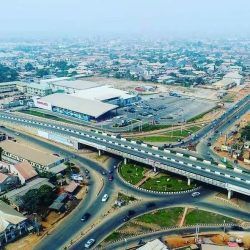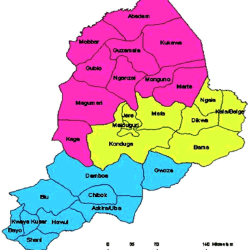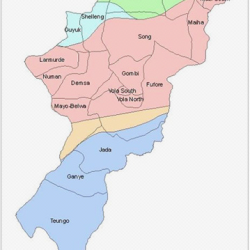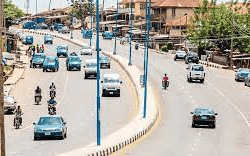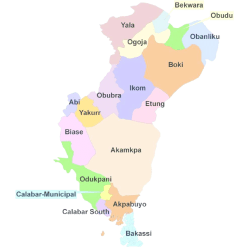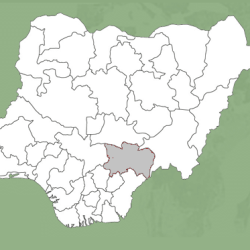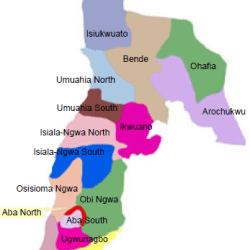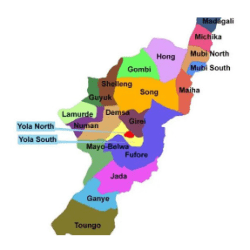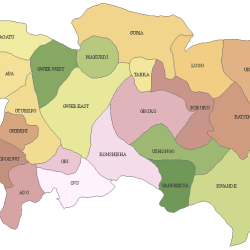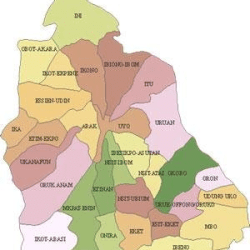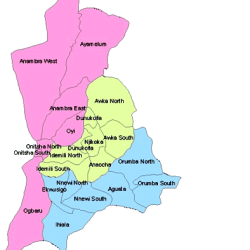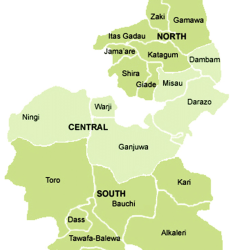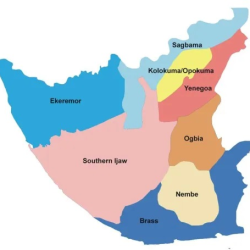The 27 Local Government Areas in Borno state are Abadam, Askira-Uba, Bama, Bayo, Biu, Chibok, Damboa, Dikwa, Gubio Guzamala Gwoza Hawul, Jere, Kaga, Kala/Balge, Kondunga, Kukawa, Kwaya, Kusar, Mafa, Magumeri, Maiduguri, Marte, Mobbar, Monguno, Ngala, Nganzai, Shani.

- Abadam ,
- Askira/Uba ,
- Bama ,
- Bayo ,
- Biu ,
- Chibok ,
- Damboa ,
- Dikwa ,
- Gubio ,
- Guzamala ,
- Gwoza ,
- Hawul ,
- Jere ,
- Kaga ,
- Kala/Balge ,
- Konduga ,
- Kukawa ,
- Kwaya Kusar ,
- Mafa ,
- Magumeri ,
- Maiduguri ,
- Marte ,
- Mobbar ,
- Monguno ,
- Ngala ,
- Nganzai ,
- Shani

Borno is a notable state in northeastern Nigeria, known for its diverse landscape, significant agricultural activities, and strategic geographic positioning. With Maiduguri as its capital and primary urban and industrial center, Borno is not only an important economic hub but also a key player in regional commerce and cross-border interactions with neighboring countries Chad, Niger, and Cameroon.

Situated in the northeastern region of Nigeria, Borno occupies a strategic position in West Africa with its borders touching three neighboring countries: Chad, Niger, and Cameroon. Borno is predominantly covered in savanna vegetation, reflecting both the Sudan and Sahel ecosystems. This variety in vegetation supports Borno’s primary economic activity—agriculture—and creates a complex but rich environment for trade, commerce, and natural resource management.


